Diverse, Low-Income First-Generation Students at Eton College
Diverse, low-income first-generation students have often struggled on the pathway to higher education because of poor preparation at the secondary school level. A new partnership between a traditional elite institution and a non-profit organization serving low-income first-generation students is hoping to provide a stable and sure pathway to success in higher education.
During a sojourn in England, I visited Eton College, the premiere preparatory institution that has educated young men in the United Kingdom (UK) since its founding in 1440 by Henry VI. Throughout its history, Eton has produced leaders and luminaries in politics, science, and the humanities, including 20 prime ministers. But most of these leaders have come from Britain’s elite.
That is changing.
A new partnership between Eton and Star Academies has created Eton Star sixth form (classes for students between 16-19 years old) to prepare “dynamic young people from deprived communities in the Black Country, Teesside and northern Greater Manchester” with the rigorous education needed to attend top universities in the UK.
The initiative, approved by the government, creates free colleges (secondary schools) for diverse, low-income first-generation students living in educational “cold spots, underserved communities with weak educational outcomes”. Most of these students are eligible for Free School Meals and are first-generation students who would be first in their families to attend university.
Eton College will contribute approximately £1 million a year per Eton Star college, which, unlike Eton, will educate both young men and women. Eton Star students will also attend summer school at Eton College and receive guidance and support to make a smooth transition from secondary school to higher education.
Simon Henderson, headmaster of Eton College, said: “We believe these new colleges have the potential to be transformative both for the young people who attend and for the wider communities they will serve. Now the hard work really starts as we turn our vision into reality.”
Eton’s partner, Sir Hamid Patel, chief executive of Star Academies, said: “We are confident that the Eton Star sixth forms will produce extraordinary, transformative outcomes, not only for their students but for the wider communities too”.
Programs such as Eton Star are designed to address the historical lack of diverse social class, race and ethnicity among students at elite institutions. Attending Eton College is a passport to educational, social, and professional success traditionally not available to diverse, low-income first-generation students.
Writer, podcaster and musician Musa Okwonga found out what it was like to be a non-elite student of color at Eton. He attended the College in the 1990s and has written about his experiences in One of Them: An Eton College Memoir. Okwonga documents his experience as “other” at Eton. He considers his book an “exploration of race and class” in Britain, on the grounds that “to understand where we are going as a society, we need to understand how we got here.”
Okwonga excelled at Eton and went on to St. John’s College at Oxford to study jurisprudence. He characterized his education at Eton as “modern and focused” but one in which he experienced subtle racism and a general ignorance among the student population of hardship and poverty. Okwonga observed:
“A key problem for too many people from my school is that they’ve never really seen widespread poverty. They have read about it, and maybe even seen it on their gap years, but they don’t really believe in it – that is to say, they largely think it is something you can elevate yourself out of, if you work just a little harder. The reason Eton can hold such grand anniversary celebrations is because we are utterly certain that there will be so much to celebrate. We are absolutely sure that most of us will be affluent, if not wealthy. On the whole, hard times do not happen to us.”
Eton is trying to change the view that “hard times do not happen to its students”. Its leaders have introduced an innovative initiative to increase financial aid that will allow more young people “from vulnerable and disadvantaged backgrounds” to attend Eton. In 2019-20, 90 students received full financial aid packages. By 2025, Eton aims to have increased this figure to at least 140 pupils, more than 10% of the school.
To identify these prospective students, Eton will expand its network of local and national partner organisations “in areas of social disadvantage”. Moreover, the College will use its facilities to initiate residential summer schools, introduce an evolving Eton Virtual curriculum, and innovate aspects of faculty professional development to embrace diversity.
Headmaster Simon Henderson believes that “this is the right thing for Eton to be doing – it is the right example to set our boys; the right ambition to set our staff; the right development of our charitable goals and the right contribution to our national need.”
By opening Eton’s gates to diverse, low-income first-generation students, Henderson wants to give these students a chance for an outstanding education to aid social mobility.


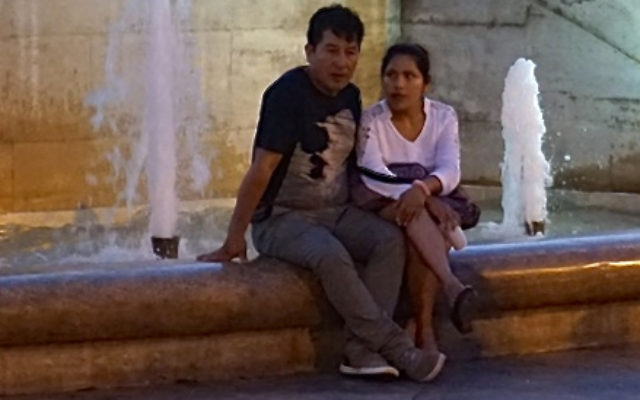

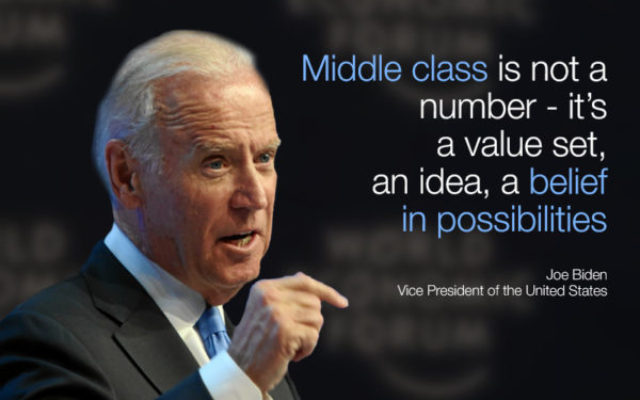

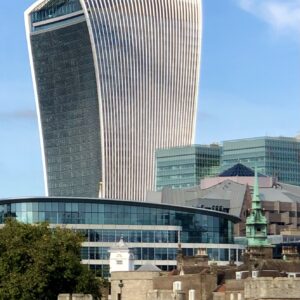

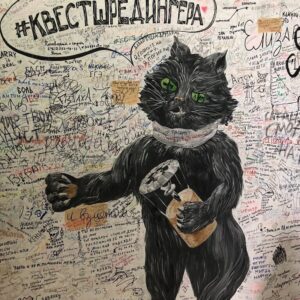
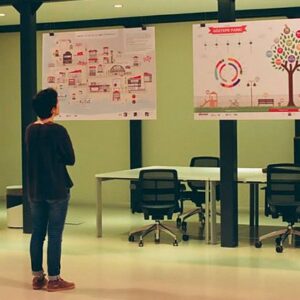

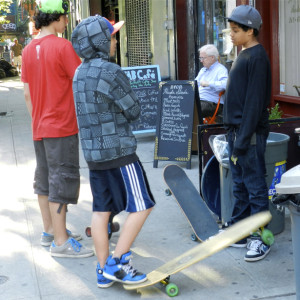
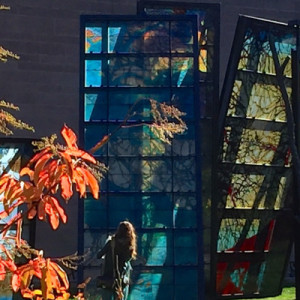
No Comments Yet!
You can be first to comment this post!